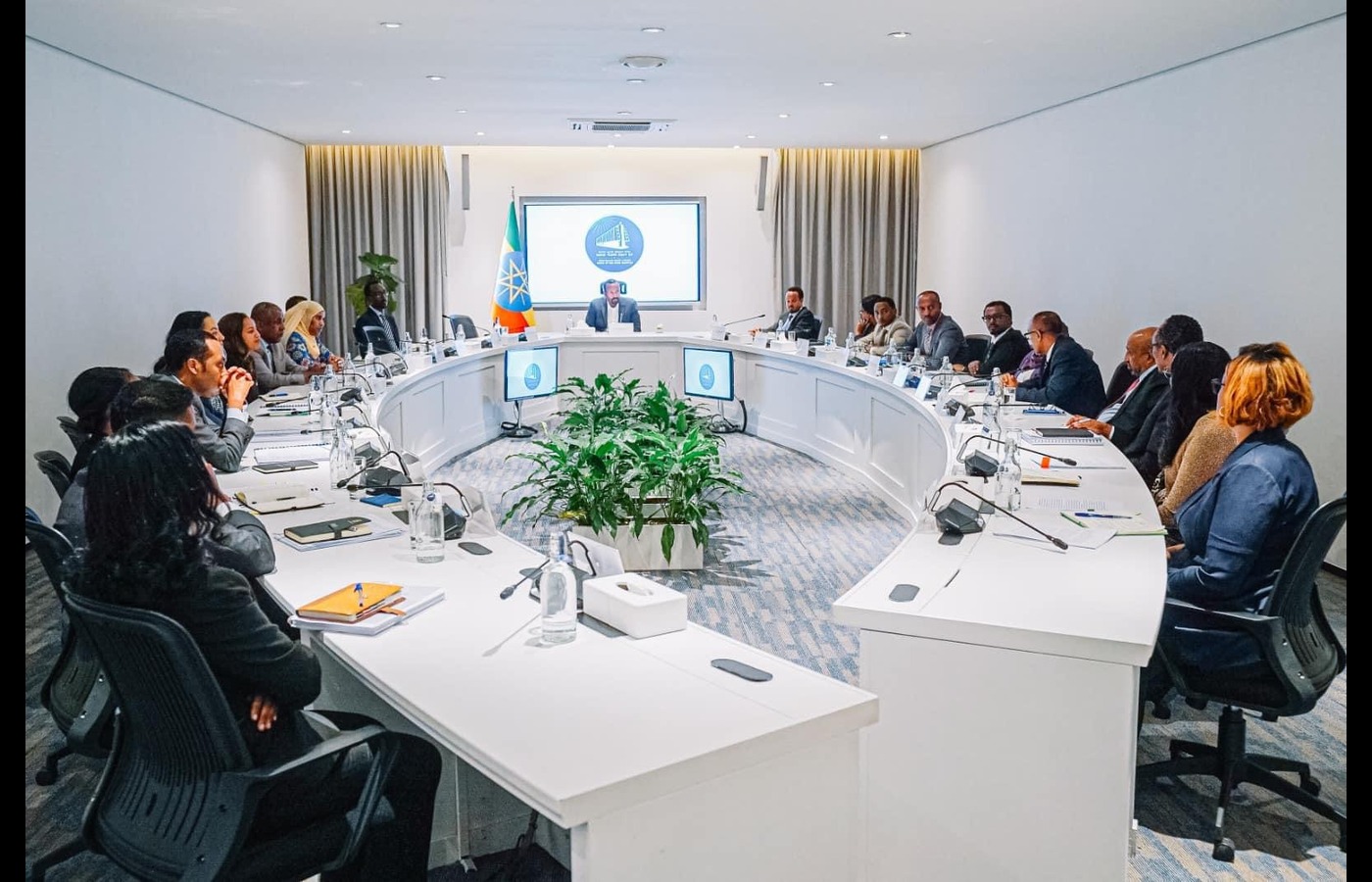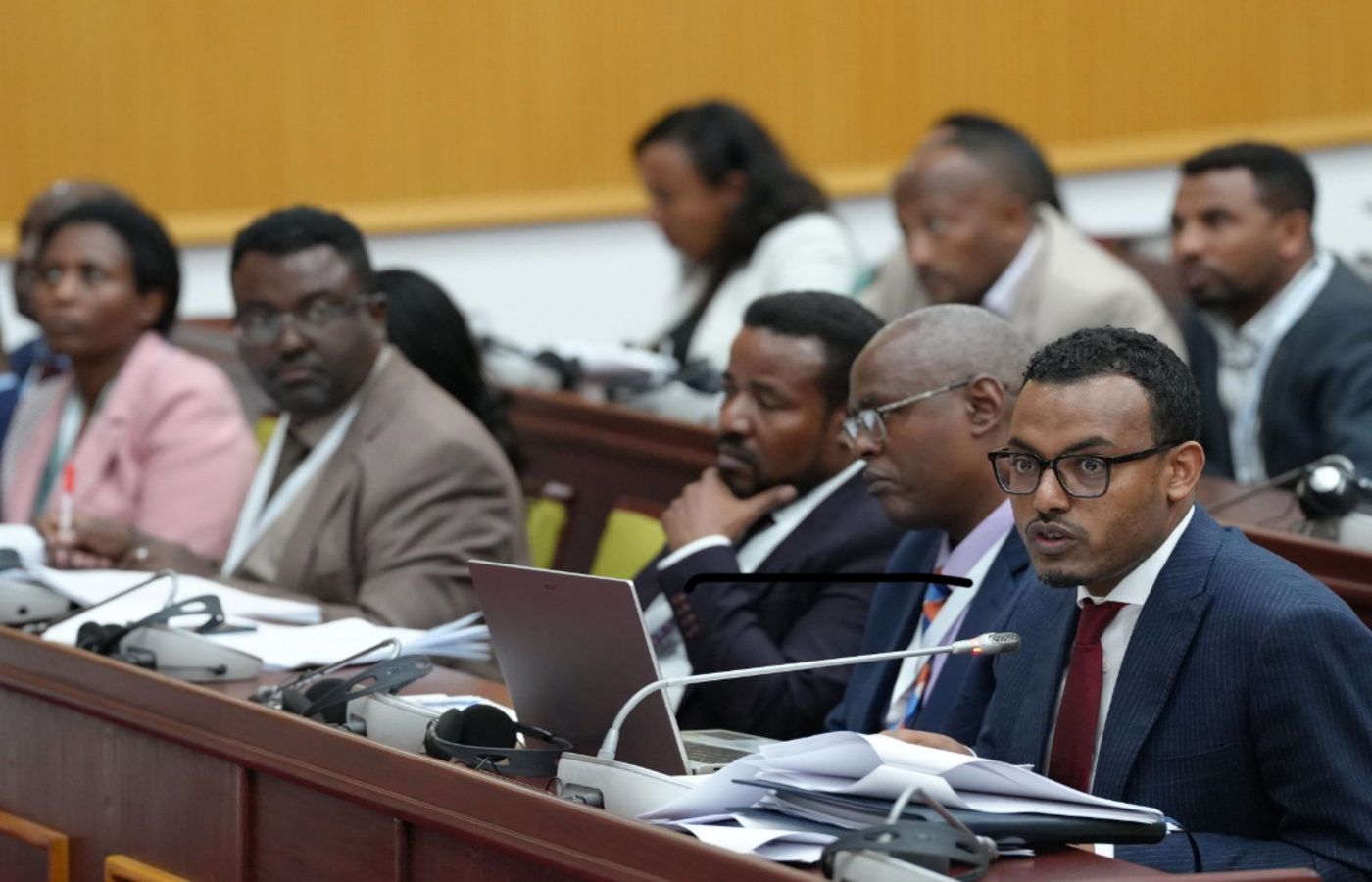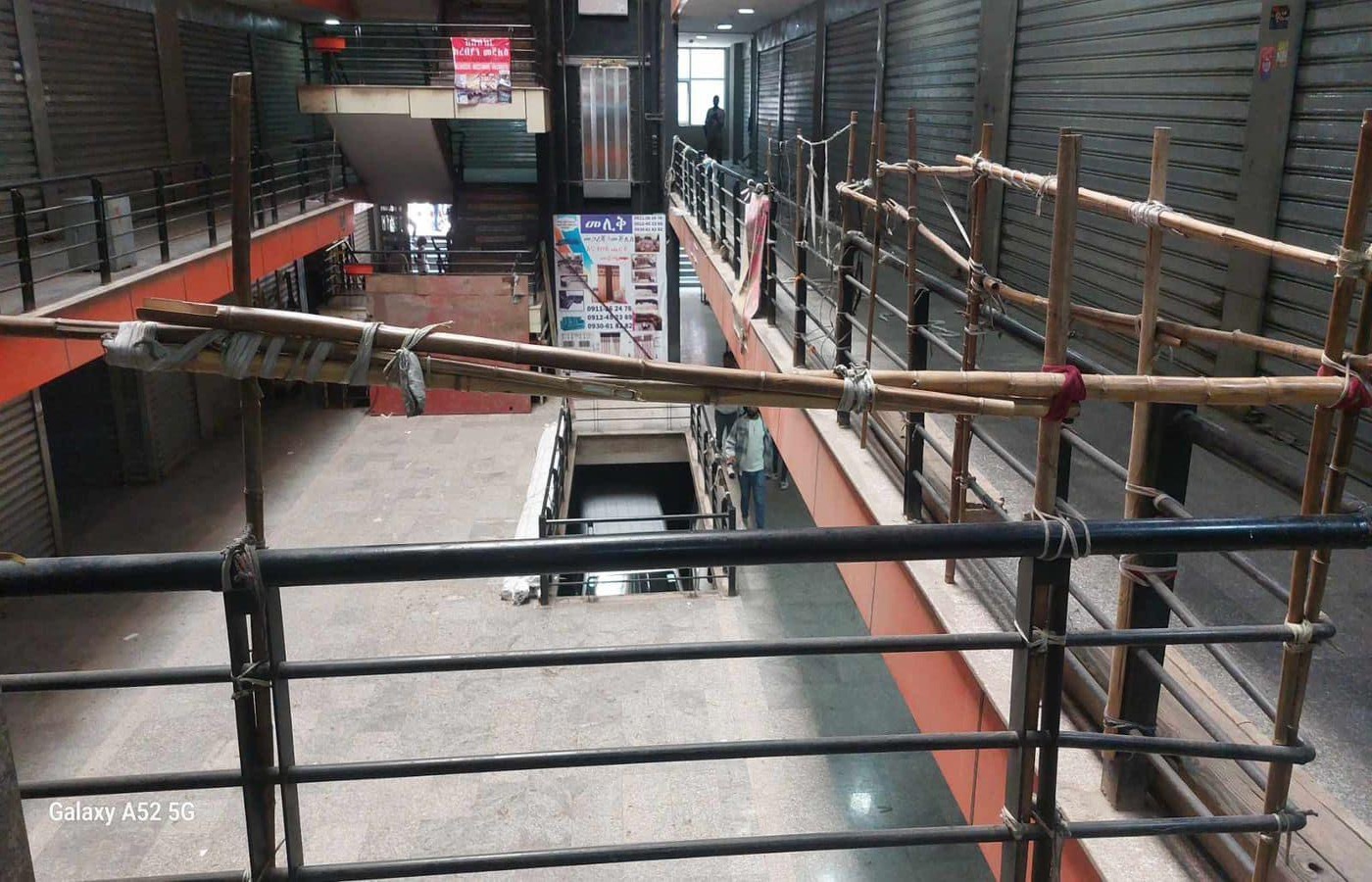The emerging real estate sector in South Sudan contrasts starkly with much of the country's underdeveloped landscape. But in the capital city of Juba, a construction boom is underway that some believe could transform this central African nation.
"Now, if you are looking for property in Juba, it is very expensive. That means if you invest today, tomorrow the investor could reap huge dividends. So investing in real estate is one of those opportunities," said James Alic Garang, PhD, Governor of the Bank of South Sudan.
Garang's bold prediction that Juba holds potential to become "another Tokyo of Africa" came during an interview on the sidelines of a major regional economic meeting hosted in the city.
As the current chair of the East African Community (EAC), South Sudan was leading discussions on monetary integration and establishing the preconditions for a single currency across the bloc. The gathering brought together central bankers from six EAC member states.
At the Monetary Affairs Committee (MAC) meeting, delegates reviewed countries' progress on "convergence criteria" that need to be satisfied before forming a monetary union. These metrics included GDP growth rates, inflation, international reserves and public debt levels.
Representatives delivered national reports and engaged in frank discussions about where countries stand relative to the targets. For South Sudan, diversifying its oil-dependent economy and strengthening productive sectors was a key priority discussed.
MONETARY UNION IN SIGHT
When asked about the timeline for an EAC single currency, Garang estimated "maybe in 7 to 10 years from now" the bloc could achieve a monetary union - a milestone on the path towards fully integrated economic and financial systems.
"So if we have a single currency, maybe it could be a single shilling, single pound, whatever name we will give it, it will be something that can be easily acceptable as a means of payment in the region," he explained, outlining benefits for the over 330 million citizens of East Africa.
However, Garang acknowledged each member state has its own economic reality and diversifying policy priorities that must still be balanced as integration deepens.
"Maybe in terms of inflation, it may help because when you are using a single currency, the preference for that currency may be high and therefore prices may equalize within the region. Of course, the single currency does not eliminate the competing needs of a country," he added.
For landlocked South Sudan, developing non-oil sectors is paramount.
Since independence from Sudan in 2011, ongoing instability has hampered South Sudan's growth potential. But as the nation works to overcome past conflicts, leaders emphasize economic opportunities are now abundant.
BANKING OPPORTUNITIES APLENTY
Governor Garang highlighted other sectors like banking that have untapped potential for outside investors, especially from Kenya and other EAC nations.
South Sudan established its central bank in 2011 but the financial system remains rudimentary. Commercial banking penetration is low and largely concentrated in Juba, with limited digital and payment infrastructure.
"Banking remains an area where investment opportunities are huge," Garang said. The central bank is keen to attract regional lenders’ expertise and expand financial inclusion, which currently sits around 13 percent.
A DAY TRADE HUB?
Beyond real estate and finance, South Sudan holds abundant untapped resources in agriculture, mining, fisheries, forestry and more that could fuel commerce across East Africa if properly developed, according to Garang.
"Investing in South Sudan is very easy. All you have to do is just bring your resources, look for a few local partners, register a company, and boom, you are an incorporated institution. And then you invest in real estate," he said.
The governor said mining is another area where east Africans should consider investing in South Sudan.
"Some of the states are well known for having a gold reserve, although not many people have ventured into those previously because of the conflict that was preceding," he added.
However, fulfilling such ambitions will depend on South Sudan maintaining peace, implementing fiscal discipline and deepening integration within regional blocs like the EAC. Credible elections slated for 2024 will be a key test.
"As the conflict has come to an end and the country is moving toward democratic elections in 2024, exploration, particularly in gold, could be one of those areas where investors are being called to engage," he concluded.





